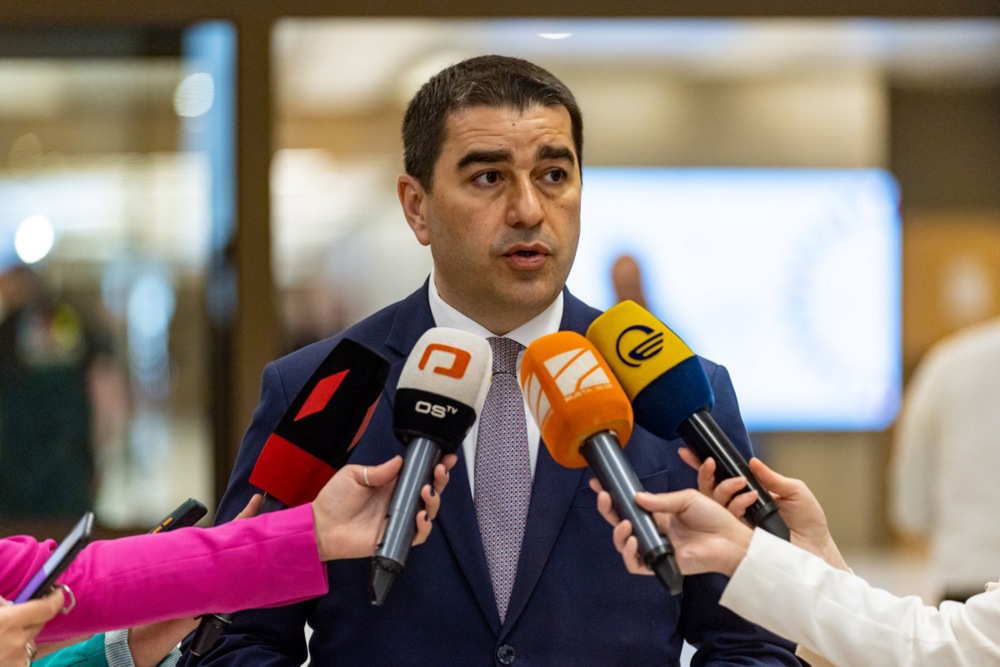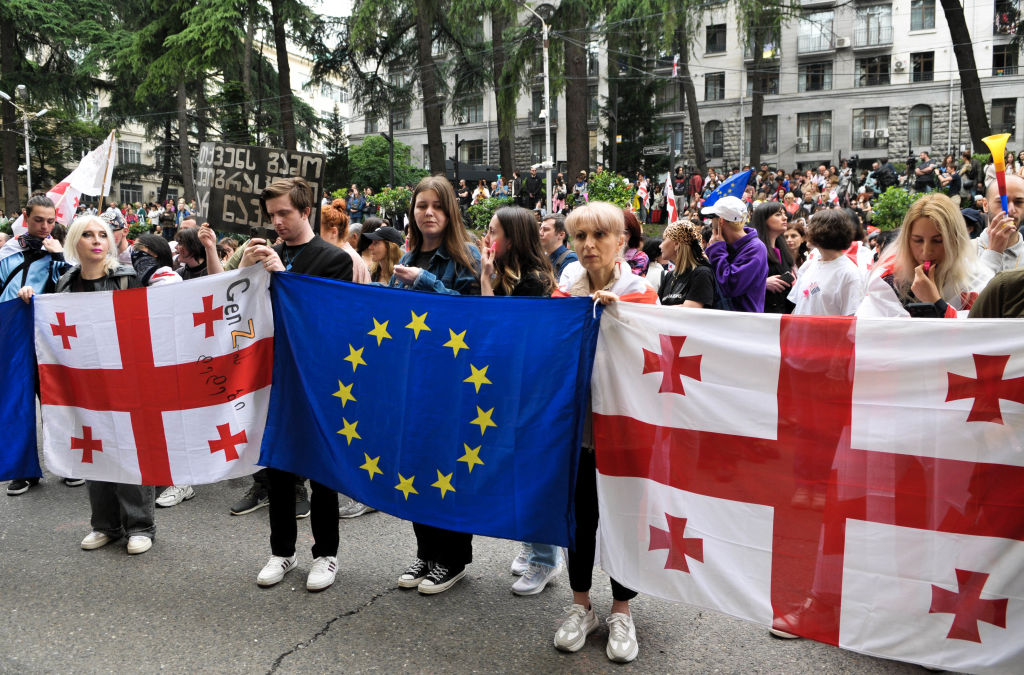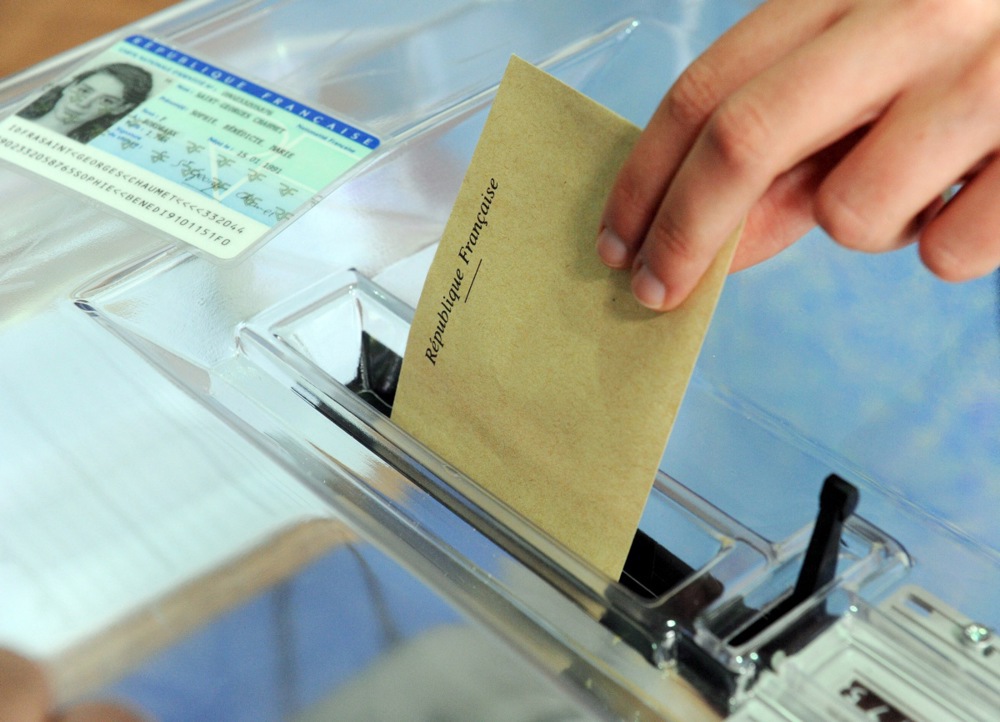The US and the European Union have urged a full investigation into reports of alleged voting violations following the disputed parliamentary election in Georgia.
On October 26, the ruling Georgian Dream party, of which Georgian President Salome Zourabichvili has been a fierce critic, clinched nearly 54 per cent of the vote, monitors from the Organisation for Security and Co-operation in Europe (OSCE) said. Opposition parties contested the outcome and vote monitors reported violations.
US Secretary of State Antony Blinken said the US had joined calls from observers for a full probe into proceedings.
“Going forward, we encourage Georgia’s political leaders to respect the rule of law, repeal legislation that undermines fundamental freedoms and address deficiencies in the electoral process together,” Blinken said.
On October 27, the EU urged Georgia to swiftly and transparently investigate the alleged irregularities in the vote.
“The EU recalls that any legislation that undermines the fundamental rights and freedoms of Georgian citizens and runs counter to the values and principles upon which the EU is founded must be repealed,” the European Commission said in a joint statement with EU foreign policy chief Josep Borrell.
The OSCE said on October 27 its monitors had registered incidents of alleged vote-buying, voter intimidation and ballot-stuffing that could have affected the outcome. Still, they stopped short of stating the election was rigged.
Zourabichvili, a former Georgian Dream ally who won the 2018 presidential vote as an independent, urged Georgians to protest in the centre of the capital Tbilisi on the evening of October 28 to show “that we do not recognise these elections”.
In an address the day before, she referred to the result as a “Russian special operation” but did not clarify what she meant.
“It was a total fraud, a total taking away of your votes,” Zourabichvili also told reporters.
Georgian media cited Prime Minister Irakli Kobakhidze as saying on October 28 that the opposition was attempting to topple the “Constitutional order” and that his government remained committed to European integration.
With almost all precincts counted, the results appeared a blow for pro-Western Georgians who had cast the election as a choice between a ruling party that has deepened ties with Russia and an opposition aiming to fast-track integration with Europe.
For years, Georgia was one of the most pro-Western countries to emerge from the Soviet Union, with polls showing many Georgians disliking Russia for its support of two breakaway regions of their country.
Russia defeated Georgia in the brief war over the rebel province of South Ossetia in 2008.
The latest election result may pose a challenge to the EU’s ambition to expand by bringing in more former Soviet states.
On October 20, Moldova narrowly approved adding a clause to its Constitution defining EU accession as a goal.
On October 4, Moldovan officials had said Russia meddled in its own presidential election, a claim denied by Moscow.
In a much-anticipated vote on October 20, Moldovans were split on the proposal to amend the constitution to prepare for joining the European Union, going against an anticipated easy victory for the “Yes” vote. https://t.co/Cgp9mI4xAg
— Brussels Signal (@brusselssignal) October 21, 2024





